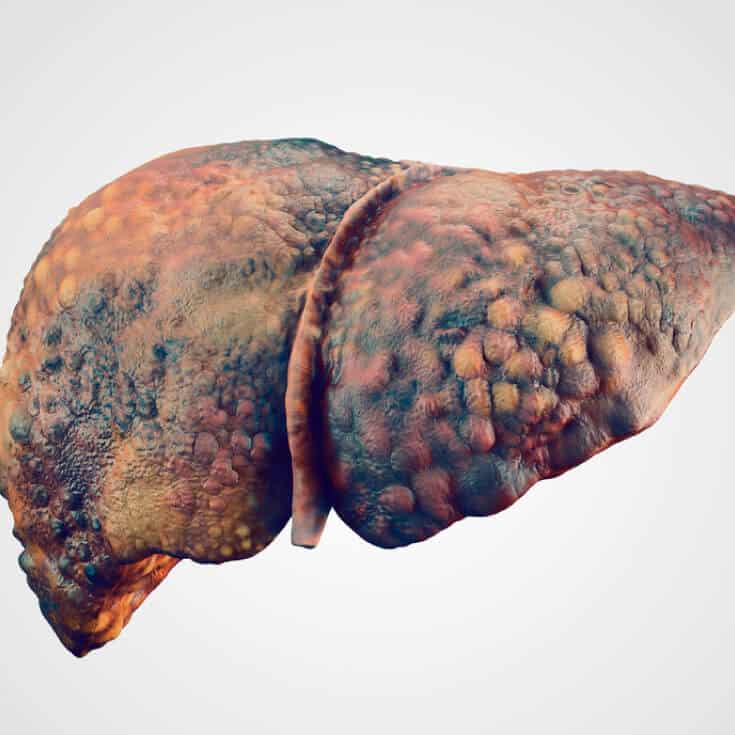The need for increased awareness and prompt treatment of hepatitis C to prevent severe health complications in Nigeria has been emphasized. During an interview in Abuja for the 2024 World Hepatitis Day, themed “It’s Time for Action,” the importance of early diagnosis and management was highlighted to prevent liver damage, cirrhosis, and liver cancer.
World Hepatitis Day 2024 aims to draw attention to the global fight against viral hepatitis, a major public health challenge affecting millions. Despite advances in research and healthcare, viral hepatitis remains a leading cause of chronic liver disease and liver cancer, with high morbidity and mortality rates worldwide.
Hepatitis C infects the liver, an essential organ for detoxifying blood and producing proteins. The virus causes inflammation, gradually damaging the liver and leading to scarring. Cirrhosis, a severe liver condition caused by various factors including hepatitis C, involves scarring that impairs liver function by blocking blood flow. This prevents the liver from filtering toxins and breaking down nutrients and medications, potentially leading to liver failure.

Many Nigerians are unaware of their hepatitis C status due to inadequate screening and misinformation. Public health campaigns must be prioritized to educate people on the risks of untreated hepatitis C and the benefits of timely medical intervention. Symptoms of progressing cirrhosis include fatigue, loss of appetite, itching, jaundice, easy bruising, dark urine, and swelling in the abdomen and legs. Severe cases can lead to nausea, cognitive impairment, and memory issues.
Excessive alcohol consumption can worsen liver problems, leading to swelling and fat accumulation that can progress to cirrhosis. The amount of alcohol causing liver damage varies, making medical advice crucial if alcohol affects daily life.
Non-alcoholic causes of liver damage include nonalcoholic steatohepatitis (NASH), linked to obesity, diabetes, high cholesterol, and high blood pressure. Chronic hepatitis, particularly hepatitis C, is the most common cause of chronic liver disease, but other causes include autoimmune diseases, medications, bacteria, and other viruses.
Conditions narrowing or blocking bile ducts can also inflame and damage the liver, often requiring medication or procedures to clear the ducts. Medications, herbs, and genetic conditions can also contribute to cirrhosis. The government is urged to invest in accessible and affordable treatment options, ensuring all Nigerians can receive the care they need. Addressing hepatitis C is necessary for improving public health and achieving the global goal of eliminating viral hepatitis by 2030.
Diagnosing cirrhosis involves physical exams, symptom history, blood tests, imaging (ultrasound, X-ray, MRI), and sometimes a biopsy. While there’s no cure for existing liver scarring, treatments can slow its progression by addressing the underlying cause, such as therapy for alcohol addiction, weight loss for fatty liver, or medications for infections and autoimmune disorders. Without treatment, hepatitis C can lead to cirrhosis in about 20 percent of those infected.
Cirrhosis represents the culmination of decades of inflammation and injury. Once cirrhosis or liver cancer develops, treatment options are limited to liver transplants or complex cancer therapies. Preventing hepatitis C can prevent cirrhosis, avoiding liver failure and liver cancer.
World Hepatitis Day, observed annually on July 28, raises global awareness of hepatitis and encourages prevention, diagnosis, and treatment efforts. According to Science Nigeria, over 90 million people in the region live with hepatitis, accounting for 26 percent of the global total.
Nigeria has a prevalence rate of 8.1 percent for hepatitis B (HBV) and 1.1 percent for hepatitis C (HCV) among adults aged 15-64 years. The Nigeria HIV-AIDS Indicator and Impact Survey, 2018 (NAIIS 2018), reveals that over 20 million Nigerians live with hepatitis B, C, or both, yet more than 80 percent are unaware of their status.



